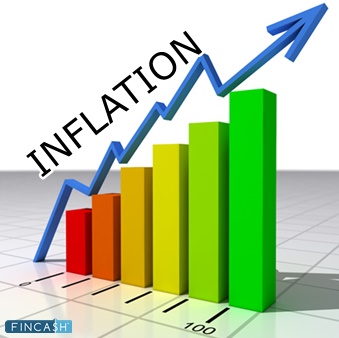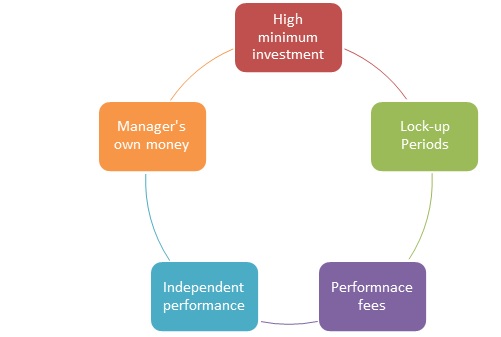
Table of Contents
What is an Inflation Hedge?
An Inflation hedge is a Financial Instrument designed to safeguard a currency's purchasing power against a loss of value caused by rising prices, either macroeconomically or due to inflation.

It usually entails purchasing an asset to maintain or increase its value over a fixed length of time. Alternatively, hedging could require taking a more significant asset position, which might depreciate at a slower rate than the currency's value.
Working of Inflation Hedge
Hedging against inflation can protect an investment's value. Certain assets can offer a good return, but they can be sold at a loss after inflation is taken into account. For example, if you start Investing in a stock that returns 5%, but inflation is 6%, you will lose 1% of your investment. Inflation-hedging assets may be self-fulfilling as the investors flock to them, keeping their prices high even though their actual value could be significantly lower.
When the rupee loses value due to inflation, gold, for example, tends to become more expensive. As a result, a gold owner is protected against a collapsing currency since, as inflation rises and the rupee’s value erodes, the cost of each ounce of gold in the rupee rises. As a result, the investor gets compensated for the inflation by receiving more rupees per ounce of gold.
Example of Inflation Hedging
To keep their operational expenses low, businesses sometimes participate in inflation hedging. Delta Air Lines, for example, purchased an Oil Refinery from ConocoPhillips in 2012 to mitigate the risk of increasing jet fuel prices.
Airlines usually hedge their fuel expenses in the crude oil Market to the extent possible. Delta believed they could create jet fuel at a lower cost than acquiring it on the market, thereby directly hedging against rising jet fuel prices. Delta estimated that it would save $300 million in annual fuel costs.
Talk to our investment specialist
Limitations of Inflation Hedging
Hedging against inflation has its limitations and might be risky at times. Delta, for example, has not regularly made money from its refinery in the years since it was purchased, limiting its inflation hedge's effectiveness.
The arguments for and against the investments related to commodities as an inflation hedge revolve around an increase in the level of the global population, technological innovation, production spikes and outages, political turbulence in emerging markets, Chinese Economic Growth, and global infrastructure expenditure. These constantly shifting circumstances influence the Efficiency of inflation hedging.
Conclusion
With an inflation hedge, you can protect yourself from reducing money's buying power bitcoin, gold, and silver are often considered the best inflation hedges available. They can be seen as strong inflation hedges, though long-term stock gains can help counteract inflation. Money market funds can also be an effective inflation hedge because they provide larger yields as interest rates rise during inflationary periods.
All efforts have been made to ensure the information provided here is accurate. However, no guarantees are made regarding correctness of data. Please verify with scheme information document before making any investment.












